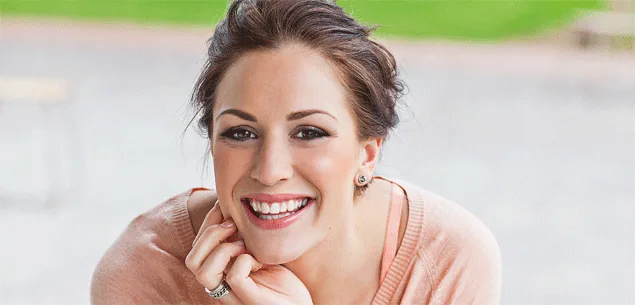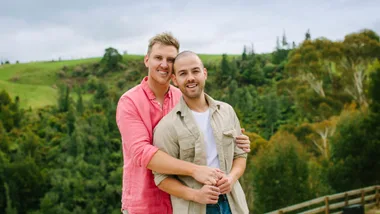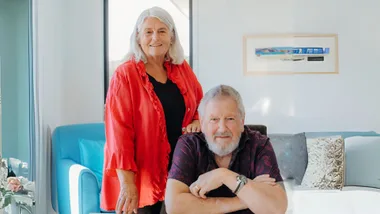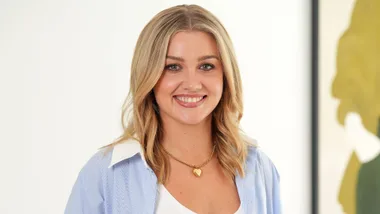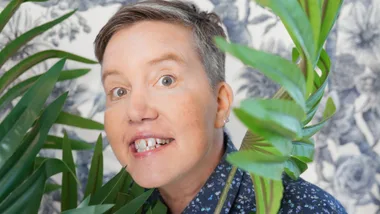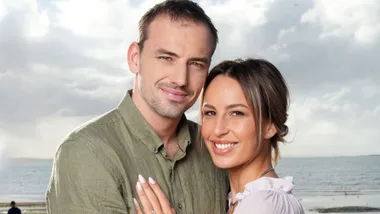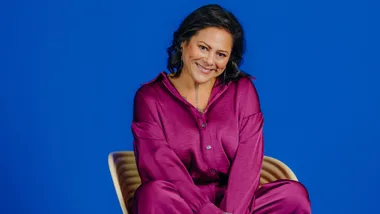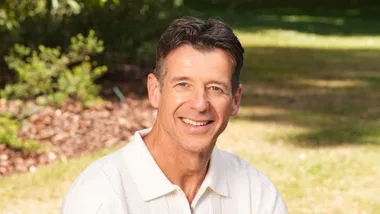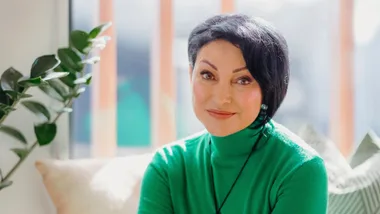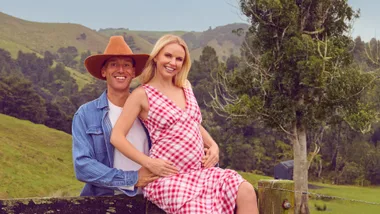Writing your autobiography might seem a little premature when you’re only just out of your teens – but Sophie Pascoe has plenty to tell.
The Paralympian swimmer from Christchurch has achieved more in two decades than many people manage in a lifetime.
She has a huge haul of 10 medals – six gold and four silver she won at the Paralympics in 2008 and 2012. She holds seven world records, is a Member of the New Zealand Order of Merit, and was a finalist in the 2012 Young New Zealander of the Year. She has twice won the Halberg Award for Disabled Sportsperson of the Year and twice been a finalist for Sportswoman of the Year.
Sophie’s story is one of great determination, courage and commitment, and she’s glad that she can share it in the book Sophie Pascoe – Stroke of Fate, although she admits she had her doubts at first.
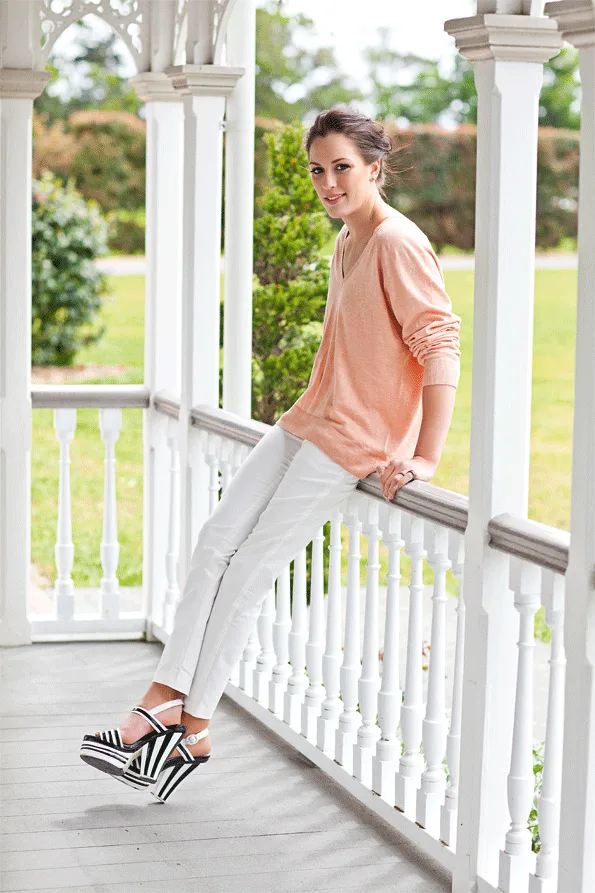
“It is kind of surreal to have a book about your life when you are only 20, and I wasn’t sure if I should do it,” says Sophie, who has a poise and maturity well beyond her years.
“But it has been nice to share the things I have been through.”
This includes the accident – the stroke of fate in the book’s title – that led to her losing her left leg below the knee, and eventually ending up as a world champion swimmer.
Until now, Sophie has never gone into much detail about the accident, or the fact that her dad Garry was driving the ride-on mower that ran over her when she was two. In fact, what happened that day in September 1995 is something she hadn’t even properly discussed with her parents, Garry and Jo, and elder sister Becky until a year ago.
The subject came up one day in October 2012, shortly after her success at the London Paralympics.
“We were just talking about how far I had come, then we started discussing the accident, which we had never really done before. I had never asked exactly what had happened, because I felt I had enough information. My dad never talked about it, I think it was too hard for him. But it was a relief in a way to find out what did happen, and I think talking about it brought us closer as a family.”
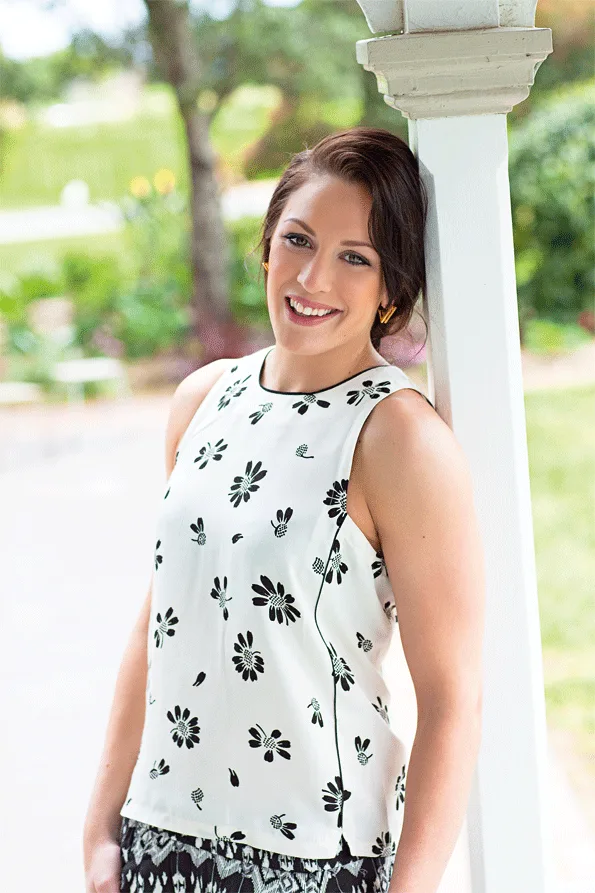
Sophie learned even more about the accident when she read the chapters of her book written by co-author Tony Smith, in which her family speak in depth about that day.
“I wasn’t there when Tony talked to them, so when I read it, it gave me a better understanding,” says Sophie.
“It was pretty emotional though – I cried through the first three chapters.”
In the book, Garry describes how he was mowing a narrow strip of lawn alongside a drive on their farm in Halswell, Christchurch. He’d told Sophie to stay by a workshop and didn’t realise she had run up behind him. When he went to reverse the mower it wouldn’t move, and he looked down to see his daughter underneath it.
Garry picked up Sophie and ran to a neighbour’s home. The neighbour rushed him and Sophie – whose left leg was almost severed – to Christchurch Hospital, where the leg had to be amputated below the knee. Her right leg was also seriously injured.
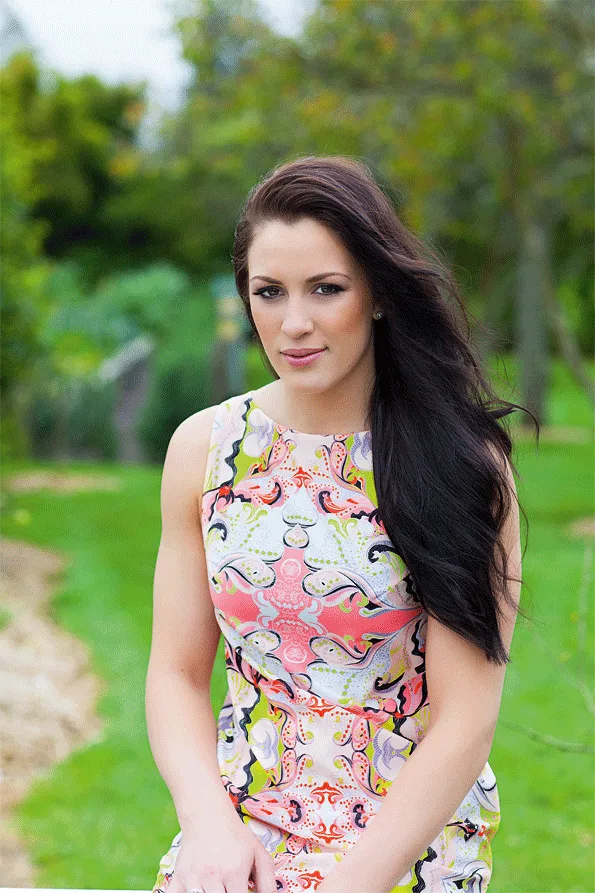
“It’s a terrible thing to happen to any parent, but it was especially hard for me to read that Dad still gets these vivid pictures in his mind every day,” says Sophie. “I feel so sorry that he has had to go through this.”
“When I was younger, I wouldn’t tell anyone it was Dad riding on the lawnmower, because I didn’t want anyone thinking the worst of him. It was an accident, it’s in the past.”
“I remember seeing my dad with tears in his eyes after I got a medal in Beijing in 2008, when I was 15. It was a kind of closure for me and him. I had moved on from what happened and I was at the Paralympic Games winning medals. I was living the dream.”
“I’ve never hated the fact that I have one leg, or severe scarring on the other one. Losing my leg is the best thing that has ever happened to me – it has made me who I am today.”
“I am so grateful to my parents for the way they brought me up. They didn’t make a big deal of me having one leg, they never treated me any differently to my sister. They just let me get on with things.”
Being able to accept her disability has been helped by the fact that she’s such a good swimmer. While naturally talented, Sophie has put in many hours of hard slog to get to the top in her chosen sport.
“I’m very lucky to be doing what I love for a career, but I kind of have a love/hate relationship with the pool,” says Sophie, who trains six days a week in the water and does other forms of exercise, such
as running and biking, on a Sunday.
“There are days when I don’t want to get in the water – I actually hate getting wet, which is ridiculous for a swimmer.”
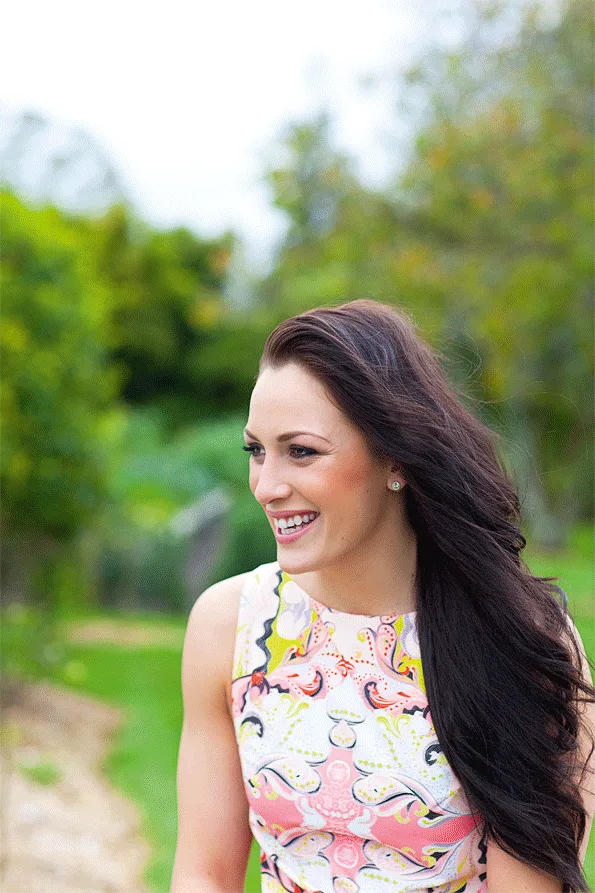
“But when you make yourself do it, those days make you stronger. I spend a lot of time under the water, looking at that black line on the bottom of the pool, and sometimes I think, ‘I don’t want to be doing this.’ But then I think that if I wasn’t there, my competitors would be getting one day ahead of me with training, and I don’t want that to happen. I want to be better than them.”
“That’s what drives me, that desire to be the best. Not too many people are able to say they are the best in the world, so the fact that I can is a very nice feeling.”
Becoming a world champion has meant forfeiting many things, but Sophie has no regrets. “People say I must have had to sacrifice a lot, but I don’t see it that way. I’ve had to put things aside, like studying and partying, but look at what I am doing instead. There are times when I wish I could go out with my mates a bit more, but luckily I have a cool group of friends who understand what I do.”
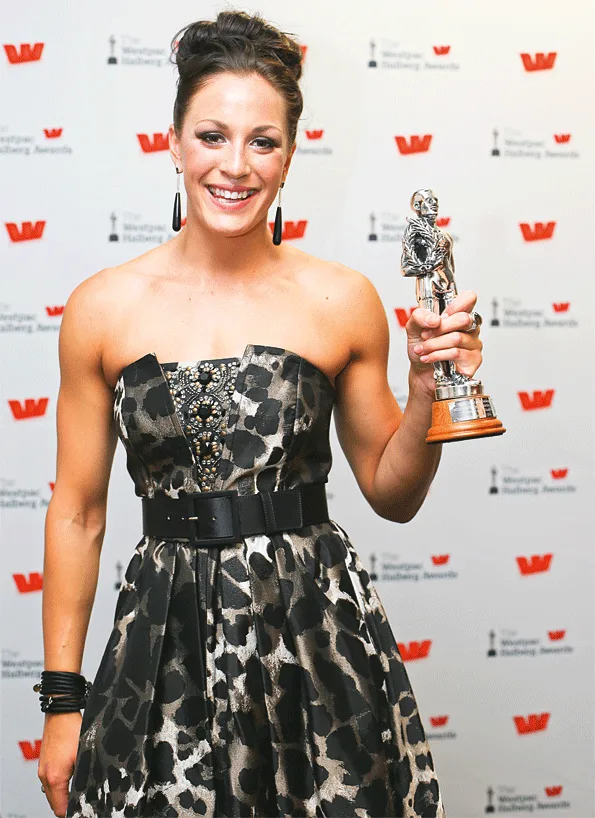
The 10-time medal winner has twice taken out the Disabled Sportswoman of the Year at the Halberg Awards.
She admits there was one phase when her social life started to interfere with her swimming. Arriving home after competing in the London Paralympics last year, she got a bit carried away with celebrating the three gold and three silver medals she won. “I was on such a high, I was a different person. I suddenly had a lot of new friends around me and I was going out partying a lot, which isn’t really me. You can’t do that in sport, and after a while
I realised I had to pull back.”
She doesn’t have a boyfriend, but thinks that’s probably for the best. “Sport comes with so many demands and athletes are selfish. A boyfriend would come second to swimming – and I’m often so tired, I wouldn’t be able to put in the time and effort to care for someone else.”
“It is hard, because all my girlfriends have boyfriends and you do get lonely, so it would be nice to have someone. But at this moment in time, my sport has to come first.”
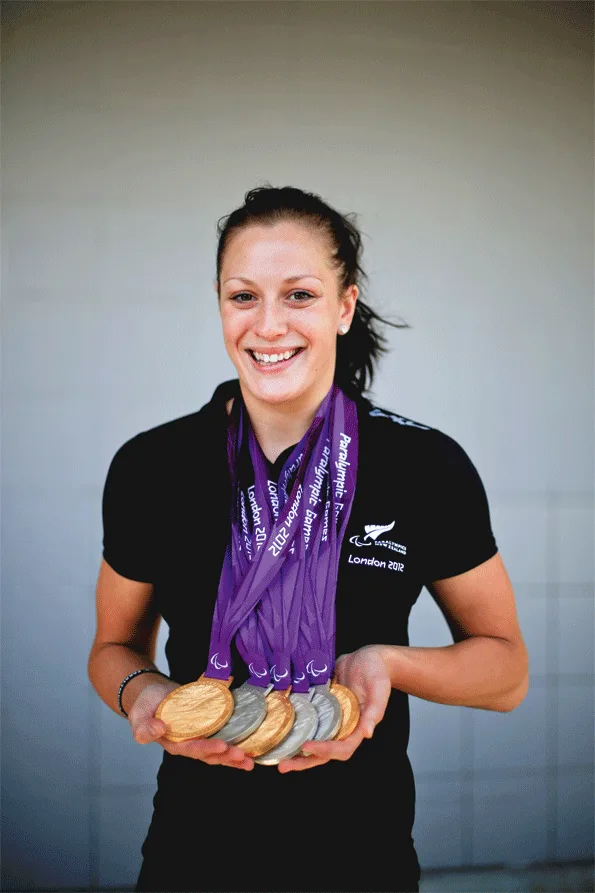
Sophie knows the day will eventually come when swimming isn’t her main focus, and by the time she’s in her late twenties, she’ll probably be thinking about retiring. She still has plenty of goals to achieve before then – she’s keen to be back on the medal podium at the 2014 Commonwealth Games in Glasgow, and the Rio De Janeiro Paralympics in 2016 – but she already has some ideas about what she’d like to do after she hangs up her togs.
“I have a passion for fashion,” she says. “One day I’d love to get into the industry and have my own line of clothing.”
But it won’t be sportswear.
“No way!” she says emphatically. “I want to design gowns. I love dressing up. I live in togs and trackies all the time – I love beautiful clothes.”
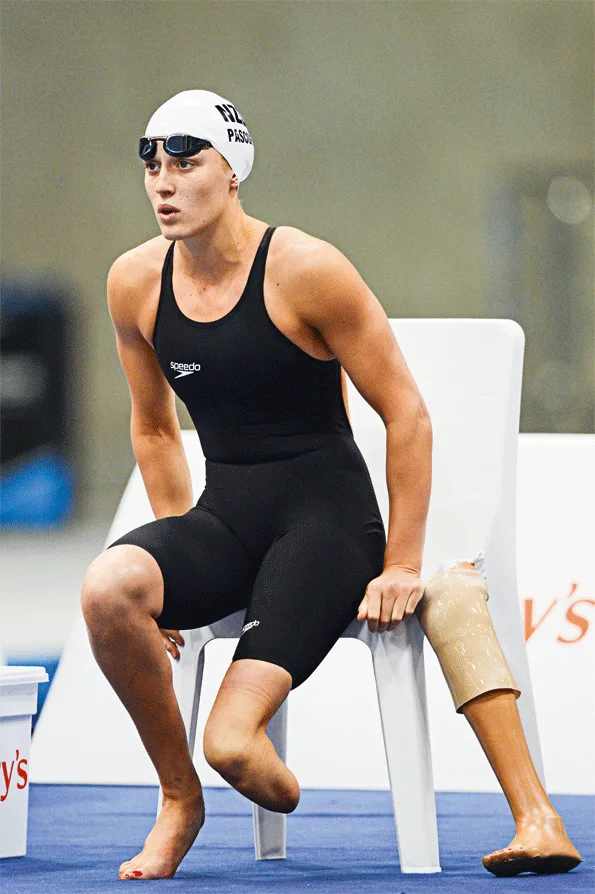
That’s evident by the way her eyes light up when she spies the rack of clothes the stylist has sourced for the photoshoot with the Weekly. Sophie’s also been interested in interior design since buying her first home – a four-bedroom house in Christchurch – at the grand age of 19 last year.
She also hopes that, by the time she retires, she’ll be a role model for other young people, and encourage them to follow their dreams. “I’d love to create a legacy for myself, not just as a swimmer, but as someone who can inspire other people to be successful.
“I’d like it if other people read what I‘ve been through and find it helpful. I hope other families who’ve been through similar situations will see there can be positives, and that if you can accept what happens to you and get on with life, there’s so much you can achieve.”
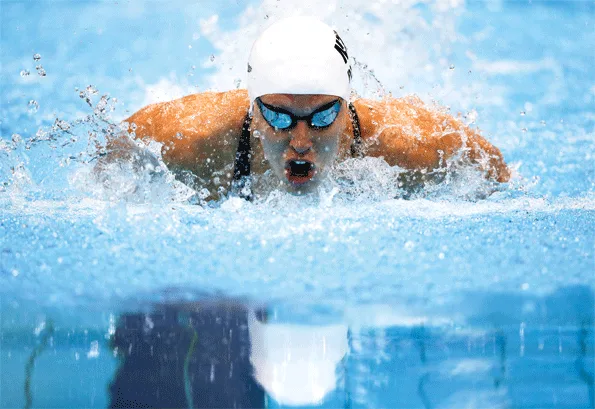
“I never think, ‘What if…?’ There’s no point in looking back. I like where I am – I am living the best life. I feel very, very lucky.”
Photos: Jody Lidstone • Styling: Sonia Greenslade • Hair and make-up: Elise Wilson • Jewellery: Silvermoon • Sophie wears dusky pink sweater from superette, pants @ witchery, black and white shoes @ mi piaci, patterned dress from Superette, black and white top from Country Road, black and white pants from Wild Pair
